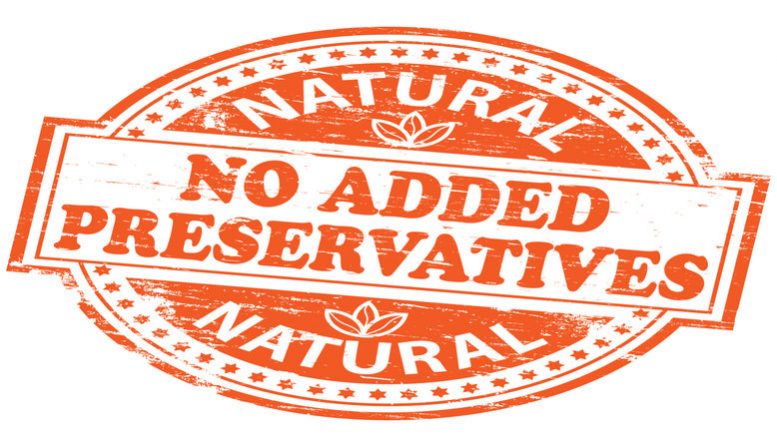Foodgrads, learn to recognize when you’re drinking the punch
Last Updated on February 22, 2023
Don’t get me wrong, it’s tasty.
What’s better than sitting with your fellow students or colleagues, gnashing your teeth at the most recent piece of bad or pseudo science that’s gone viral. Maybe it’s a fresh wave of biotech battles, a new fad diet or sensitivity, or someone had an argument with a relative over using an ingredient also found in fertilizers and waste treatment facilities.
It feels smart, rational superior. Cultural silos are infectious for a reason.
I wouldn’t ask you to stop arguing about these things. It’s important to do so. However, as current or future members of the food industry, it’s important to remember that while there’s a lot of misinformation about food out there, the industry also likes to pretend that it’s challenges are the same as those buying their products.
My recommendation? Before blaming consumers for not understanding why the industry does or struggles to do something, see if you can determine what components of the issue are a consumer problem vs. a market problem.
A consumer problem is personal. Consumer problems have to do with freedom of choice, personal safety, and community health and welfare.
Market problems are driven by economics and business needs. Consumers interact with market problems in the prices they pay or the distances they need to cover to purchase foods, but otherwise have no decision-making power other than intent to purchase. Businesses are forced to accommodate market problems to remain viable, but don’t always have a workable alternative.
Let’s look at a common problem often smugly discussed with industry folks, students, or other well-meaning people, and dig a little deeper.
I don’t want preservatives in my food.
Ohhhh, doesn’t just seeing it raise your blood pressure a little bit? Immediately, a bunch of counterpoints start spewing out of industry folks:
- Scientific literacy: dose makes poison/we don’t put them in for no reason/what do you consider a “preservative”?
- Personal defense: we aren’t trying to kill you
- Food safety: uh, without them puts you at risk of [pathogen] growing
- Food quality: oh, so you want bread that goes stale and moldy in a day?
- Food choice: fine, then you won’t get ham in L.A. for $2/lb anymore. Tell the food kitchen this winter!
All valid points that I’ve certainly made in the past. But all of them are straw men until we answer that first clarifying point: “what do you consider a ‘preservative'”. The various counterpoints above cover the gambit of both consumer problems and market problems, and it’s important for us to recognize which are which before we get too defensive.
Things like shelf life, inexpensive transport, or manufacturability are all market problems, but when we’re drinking the punch, we tie market problems directly to consumer choice, because market problems are driven by market forces. But when we make the two equivalent, no individual consumer can act as a “market force”, even one that recognizes the value of “voting with their wallet.”
From an individual perspective, if I can make steaks at home without introducing metal fragments consistently, the fact that you struggle with it on a larger scale certainly sounds like a business problem, not mine. Despite the additional nuance (and statistics) of that example, the consumer perspective isn’t wrong. It’s also not wrong to know that these things don’t happen on purpose and there isn’t a perfect solution to that or many other problems.
Market forces directly affect businesses like when a competitor makes their bread loaf softer because it’s closer to the point of sale and spends less time in transport. The distant bakery may have limited options to respond to that pressure, but that isn’t the consumer’s problem.
It’s a consumer problem if there are no alternatives, then their choices are limited. But if there’s an alternative available that belongs to a competitor, it’s 100% a market problem that individuals have no reason to care about, and we shouldn’t make the mistake of thinking they should.
Author: Austin Bouck is a quality assurance manager at a regional beverage company in Oregon, USA. When he’s not at work solving technical quality challenges, he continues to ponder food safety issues on his blog, Fur, Farm, and Fork, which helps him stay sharp and share his knowledge with other professionals and the public.
Subscribe to our newsletter for details on mentorship sessions, workshops, webinars, as well as career and job fairs across Canada and the US!


leave your comment